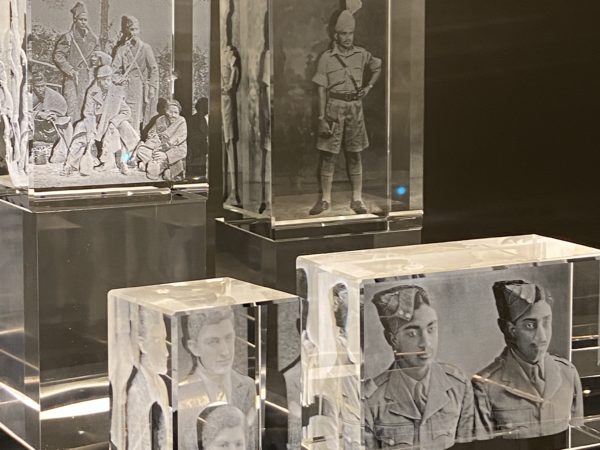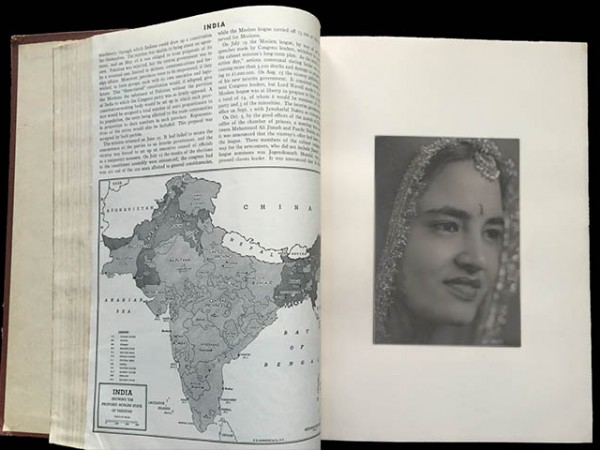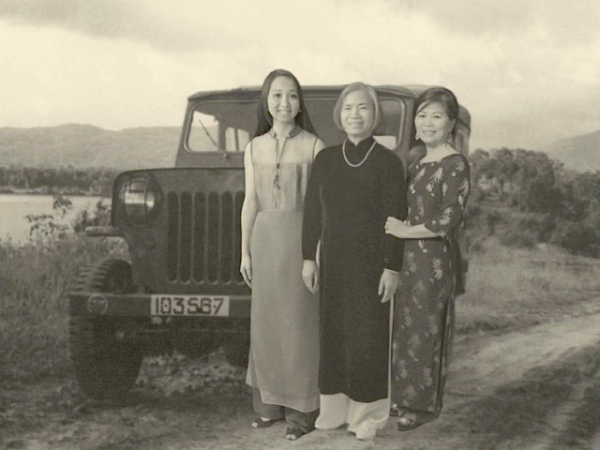The Virtual Immigrant
The Virtual Immigrant draws on the experience of call centers workers in India. These Virtual Immigrants become Americans for a workday but remain physically in India. To work in these call centers, Indians study American culture and either neutralize their Indian accents and/or adopt American ones. They virtually live between cultures without leaving their country of origin. The tangible markers of identity such as race, ethnicity, gender or class, are made more malleable and flexible for the Virtual Immigrant.[1] The work portrays the constant fluidity of this new type of immigrant, relevant as we debate the gains and losses created by the effects of digital technology and globalization. The work explores the magnified cultural dislocation caused by technology’s effect on collapsing borders and shrinking distances.
The experience of being a Virtual Immigrant includes sometimes shedding their Indianness for the sometimes fictional values and similes of the American Dream that bombard them in daily life and as part of their training. The disembodied voices in the audio resonate with the dislocated experience of communicating with people hundreds of miles away while minimizing their Indian-ness. The audio excerpts reveal their perception of this other culture in poignant ways. The work illuminates the effects of globalization in India including the changing attitudes about the caste system, women’s roles and love (vs. arranged) marriages, materialism and capitalism.
[1] Ong, Aihwa. Flexible Citizenship. Duke University Press.1-26









